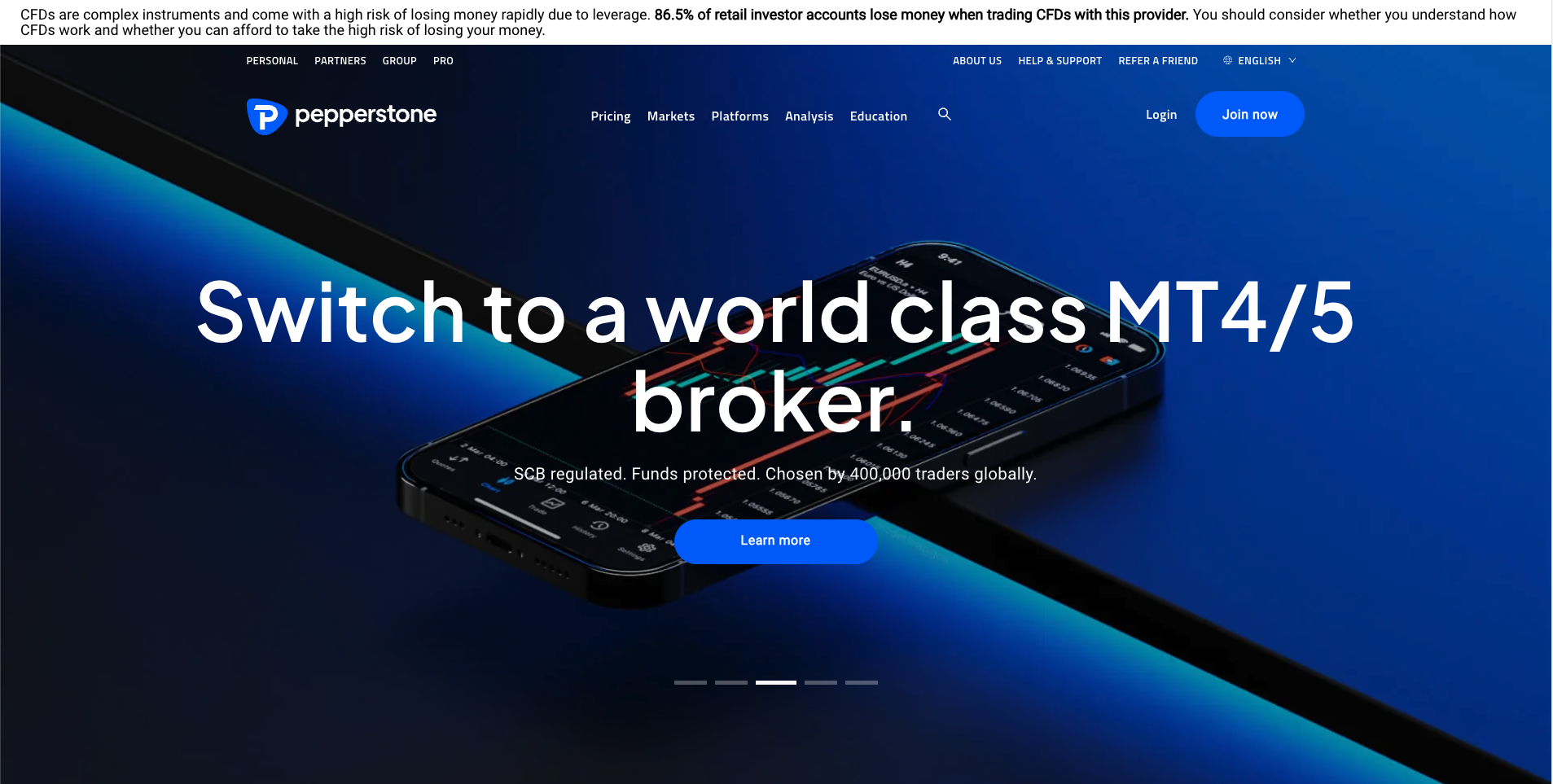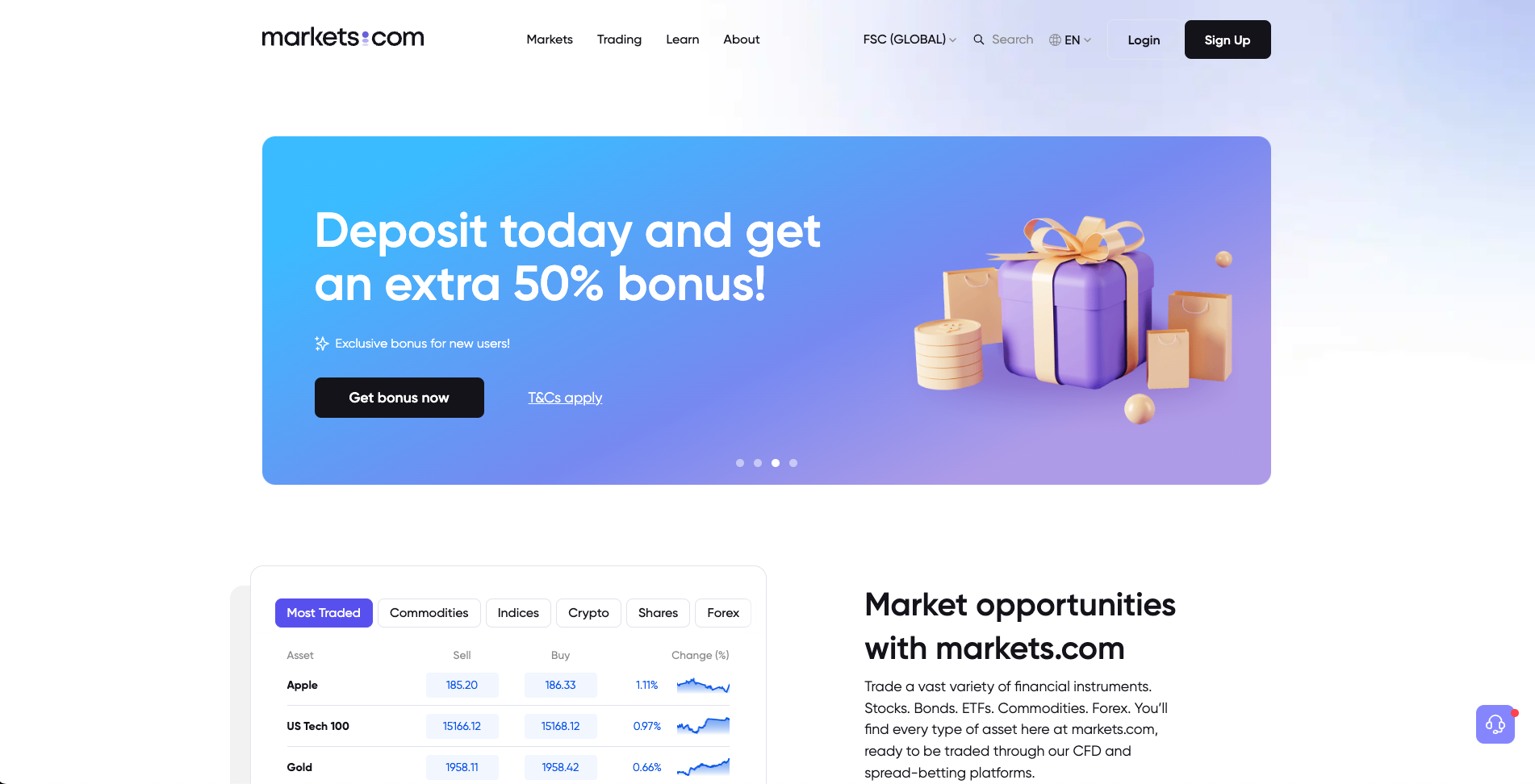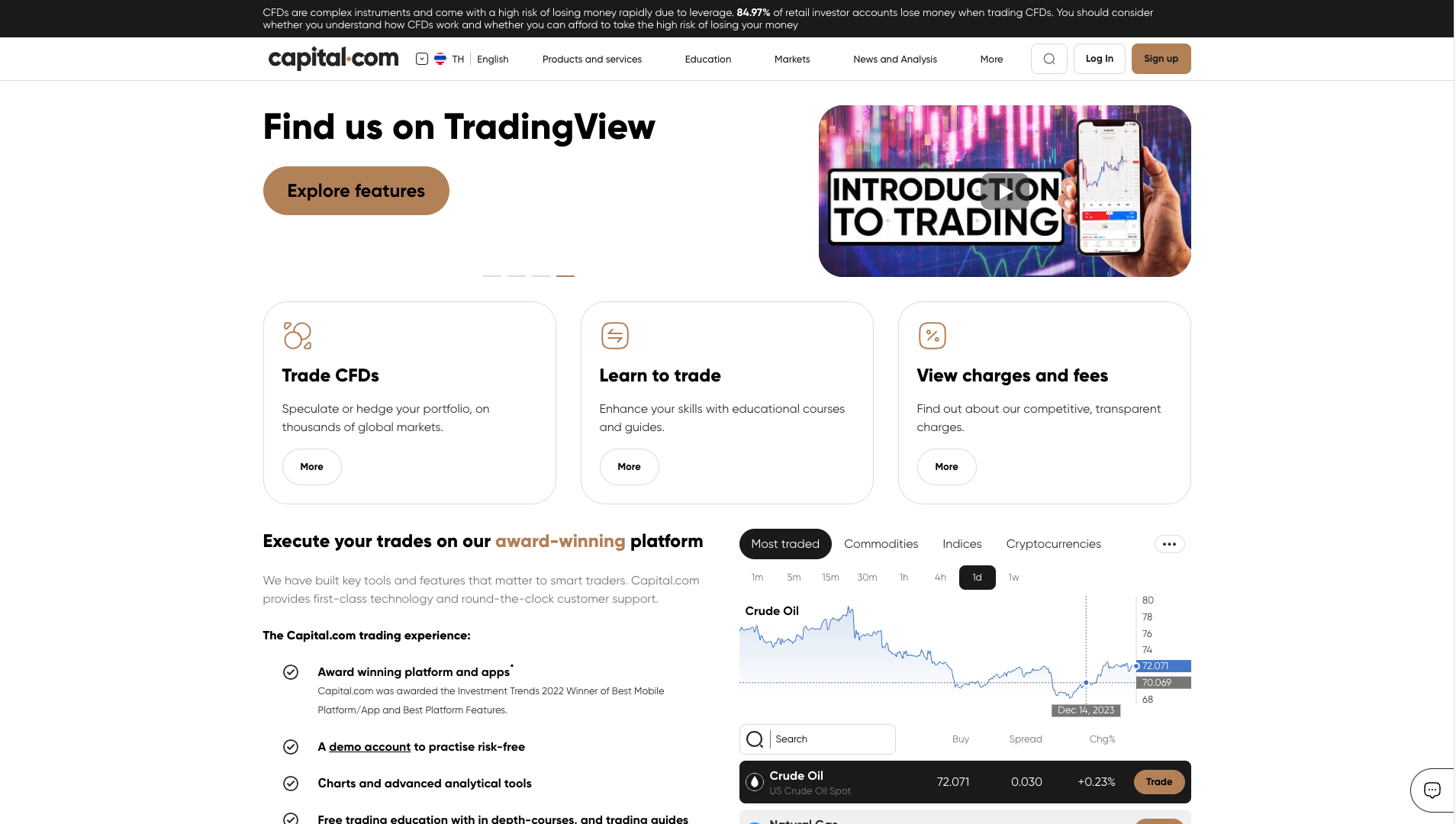Compare Forex CFD Brokers 2026 : XTB vs Pepperstone vs Markets vs Capital.com
The ForexReviews.nl comparison tool rigorously compares forex brokers on factors like fees, platforms, licenses, apps, spreads, and ratings. Filter and narrow down brokers to find the ones that best suit your preferences compared to its competitors.
Plus500 is a CFD provider and they offer CFD service. All the instruments, including the Forex pairs, are available for trading through CFD
How To Compare Additional Forex Brokers?
You can add forex brokers to the comparison table by clicking on +Name.
|
Add/remove a broker for comparison: |
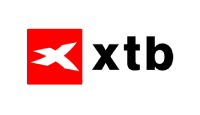
Remove |

Remove |

Remove |
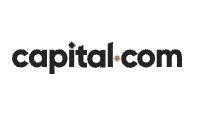
Remove |
Rating |
|---|---|---|---|---|
| Overall Rating | 4.5 | 4.5 | 4.5 | 4.5 |
| Offering of Investments | 4 | 4 | 4 | 4.5 |
| Commissions & Fees | 5 | 4.5 | 3.5 | 5 |
| Platform & Tools | 4 | 4 | 4 | 4.5 |
| Research | - | 4.5 | 4 | 4.5 |
| Mobile Trading | 5 | 4 | 4 | 4.5 |
| Education | - | 4 | 4 | 4.5 |
| Trustpilot Reviews | 863 | 2111 | - | 10073 |
| Trustpilot Rating | 4 | 4.4 | - | 4.3 |
| Trustpilot Profile | View | View | - | View | Licenses |
| Tier 1 Licenses | 1 | 2 | 1 | - |
| Tier 2 Licenses | 3 | 2 | 2 | - |
| Tier 3 Licenses | 1 | 1 | 1 | - |
| Licenses | - | - | - | 5 | Investments |
| Forex Trading (Spot or CFDs) | ✅ | ✅ | ✅ | ✅ |
| Forex Pairs (Total) | 57 | 62 | 2179 | 124 |
| Tradeable Symbols (Total) | 6010 | 2342 | 57 | 3119 |
| U.S. Stock Trading (Non CFD) | ✅ | no | no | ✅ |
| Int'l Stock Trading (Non CFD) | ✅ | no | no | ✅ |
| Social Trading / Copy Trading | ✅ | ✅ | ✅ | no |
| Cryptocurrency (Physical) | no | no | no | no |
| Cryptocurrency (CFD) | ✅ | ✅ | ✅ | ✅ |
| Crypto Pairs (CFD) | 46 | 9 | - | - | Assets |
| CFDs | ✅ | ✅ | no | ✅ |
| ETFs | no | ✅ | no | no |
| Forex | ✅ | ✅ | no | ✅ |
| Indices | no | ✅ | no | ✅ |
| Shares | ✅ | ✅ | no | no |
| Commodities | no | ✅ | no | ✅ |
| Oil Trading | no | ✅ | no | ✅ | Licensing Jurisdiction |
| ASIC Authorised (Australia) | no | ✅ | ✅ | ✅ |
| IIROC Authorised (Canada) | no | no | no | no |
| SFC Authorised (Hong Kong) | no | no | no | no |
| CBI Authorised (Ireland) | no | no | no | no |
| FSA Authorised (Japan) | no | no | no | no |
| MAS Authorised (Singapore) | no | no | no | no |
| FINMA Authorised (Switzerland) | no | no | no | no |
| FCA Authorised (U.K.) | ✅ | ✅ | no | ✅ |
| CFTC Registered (USA) | no | no | no | no |
| FMA Authorised (New Zealand) | no | no | no | no |
| CBRC Authorised (China) | no | no | no | no |
| CySEC Authorised (Cyprus) | ✅ | ✅ | ✅ | ✅ |
| SEBI Authorised (India) | no | no | no | no |
| Israel (ISA Authorised) | no | no | no | no |
| CBR Authorised (Russia) | ✅ | no | ✅ | no |
| FSCA Authorised (South Africa) | no | no | no | no |
| SEC Authorised (Thailand) | ✅ | ✅ | no | no |
| DFSA / Central Bank Authorised (UAE) | no | ✅ | no | no |
| SCB Authorised (Bahamas) | ✅ | no | no | no |
| FSC Authorised (Belize) | no | no | no | no |
| FSA Authorised (Seychelles) | no | no | no | no |
| CIMA Authorised (Cayman Islands) | no | no | no | no |
| BMA Authorised (Bermuda) | no | no | ✅ | no |
| FSC Authorised (British Virgin Islands) | no | no | no | no |
| FSC Authorised (Mauritius) | no | no | no | no |
| VFSC Authorised (Vanuatu) | no | no | no | no |
| EFSA Authorised (Estonia) | no | no | no | no | Funding |
| Min. Deposit | 0 | 0 | 0 | 20 |
| PayPal (Deposit/Withdraw) | ✅ | ✅ | no | ✅ |
| Skrill (Deposit/Withdraw) | ✅ | ✅ | ✅ | ✅ |
| Visa/Mastercard (Credit/Debit) | ✅ | ✅ | ✅ | ✅ |
| Bank Wire (Deposit/Withdraw) | ✅ | ✅ | ✅ | ✅ |
| Webmoney (Deposit/Withdraw) | no | no | no | no | Crypto Funding |
| Bitcoin (BTC) | no | no | no | no |
| Litecoin (LTC) | no | no | no | no |
| Ethereum (ETH) | no | no | no | no |
| Tether (ERC20) | no | no | no | no |
| Tether (TRC20) | no | no | no | no |
| Dogecoin (DOGE) | no | no | no | no | Trading Platforms |
| Proprietary Platform | ✅ | no | ✅ | ✅ |
| Desktop Platform (Windows) | ✅ | ✅ | ✅ | ✅ |
| Desktop Platform (Mac) | no | no | no | no |
| Web Platform | ✅ | ✅ | ✅ | ✅ |
| Social Trading / Copy Trading | ✅ | ✅ | ✅ | no |
| Mobile App (Android) | ✅ | ✅ | ✅ | no |
| Mobile App (iOS) | ✅ | ✅ | ✅ | no | Trading Software |
| MetaTrader 4 (MT4) | ✅ | ✅ | ✅ | ✅ |
| MetaTrader 5 (MT5) | no | ✅ | ✅ | no |
| cTrader | no | ✅ | no | no |
| DupliTrade | no | ✅ | no | no |
| ZuluTrade | no | no | no | no |
| Myfxbook | no | no | no | no |
| VPS Trading | no | no | no | no | Cost |
| Average Spread EUR/USD - Standard | 1.07 | 0.77 | 1.9 | 0.67 |
| All-in Cost EUR/USD - Active | 1.04 | 0.87 | 1.9 | 0.67 |
| Active Trader or VIP Discounts | ✅ | ✅ | ✅ | ✅ |
| Inactivity Fee | no | no | no | no |
| Execution: Agency Broker | ✅ | ✅ | no | no |
| Execution: Market Maker | ✅ | ✅ | ✅ | no | Research |
| Daily Market Commentary | ✅ | ✅ | ✅ | ✅ |
| Forex News (Top-Tier Sources) | ✅ | ✅ | ✅ | ✅ |
| Autochartist | no | ✅ | no | no |
| Trading Central (Recognia) | no | no | no | no |
| Social Sentiment - Currency Pairs | ✅ | ✅ | ✅ | ✅ |
| Economic Calendar | ✅ | ✅ | ✅ | ✅ |
| Education (Forex or CFDs) | ✅ | ✅ | no | ✅ |
| Client Webinars | ✅ | ✅ | ✅ | ✅ |
| Client Webinars (Archived) | ✅ | ✅ | no | ✅ |
| Videos - Beginner Trading Videos | ✅ | ✅ | ✅ | ✅ |
| Videos - Advanced Trading Videos | ✅ | ✅ | ✅ | ✅ |
| Investor Dictionary (Glossary) | no | ✅ | no | ✅ |
| Tick History | no | no | no | no | Major Forex Pairs |
| GBP/USD | ✅ | ✅ | no | ✅ |
| USD/JPY | ✅ | ✅ | no | ✅ |
| EUR/USD | ✅ | ✅ | no | ✅ |
| USD/CHF | ✅ | ✅ | no | ✅ |
| USD/CAD | ✅ | ✅ | no | ✅ |
| NZD/USD | ✅ | ✅ | no | ✅ |
| AUD/USD | ✅ | ✅ | no | ✅ | Mobile Trading |
| Android App | ✅ | ✅ | ✅ | ✅ |
| Apple iOS App | ✅ | ✅ | ✅ | ✅ |
| Mobile Alerts - Basic Fields | ✅ | ✅ | ✅ | ✅ |
| Mobile Watchlist | ✅ | ✅ | ✅ | ✅ |
| Watchlist Syncing | no | ✅ | ✅ | no |
| Mobile Charting - Indicators / Studies | 39 | 30 | - | 30 |
| Mobile Charting - Draw Trendlines | ✅ | ✅ | ✅ | ✅ |
| Mobile Charting - Multiple Time Frames | ✅ | ✅ | no | ✅ |
| Mobile Charting - Drawings Autosave | ✅ | ✅ | no | ✅ |
| Forex Calendar | ✅ | ✅ | no | ✅ | Trading Tools |
| Virtual Trading (Demo) | ✅ | ✅ | ✅ | ✅ |
| Alerts - Basic Fields | ✅ | ✅ | no | ✅ |
| Watchlists - Total Fields | 8 | 7 | 6 | 6 |
| Charting - Indicators / Studies (Total) | 39 | 15 | 89 | 83 |
| Charting - Drawing Tools (Total) | 32 | 30 | 4 | 18 |
| Charting - Trade From Chart | ✅ | ✅ | no | ✅ |
| Charts can be saved | ✅ | ✅ | ✅ | ✅ | Spread |
| Stocks | - | - | - | - |
| Currencies | - | - | - | - |
| Indices | - | - | - | - |
| Commodities | - | - | - | - | Max. Leverage |
| Overall Max. Leverage | - | - | - | 1:30 |
| Stocks | - | - | - | - |
| Currencies | - | - | - | - |
| Indices | - | - | - | - |
| Commodities | - | - | - | - | Features |
| Scalping | ✅ | no | ✅ | no |
| Hedging | ✅ | no | ✅ | no |
| Trailing Stops | ✅ | no | ✅ | no |
| Guaranteed Stop Loss | no | no | no | no |
| Guaranteed Limit Orders | no | no | no | no |
| Guaranteed Execution | no | no | no | no |
| Negative Balance Protection | no | no | no | no |
| One-click Execution | ✅ | no | ✅ | no |
| Interest on Margin | no | no | no | no |
| Demo Account | no | no | ✅ | no |
| Web-based Trading | ✅ | no | no | no |
| Mobile Native App Trading | ✅ | no | no | no |
| Islamic Account | no | no | ✅ | no |
| Zero Spreads | no | ✅ | no | ✅ | Regulation |
| Trust Score | 96 | 93 | 98 | 87 |
| Year Founded | 2002 | 2010 | 1999 | 2016 |
| Compensation Fund | 20000 | 85000 | - | 20000 |
| Publicly Traded (Listed) | ✅ | no | ✅ | no |
| Bank | no | no | no | no |
| Authorised in European Union | ✅ | ✅ | ✅ | ✅ |
| Member of The Financial Commission | no | ✅ | no | no |
| The Financial Commission Profile | - | View | - | - |
| VerifyMyTrade Audit | - | - | - | - | Public Disclosures |
| Financial Statements | View | - | - | - |
| Management Team | View | - | - | - | Support |
| Email Support | no | no | no | ✅ |
| Phone Support | no | no | no | no |
| SMS Support | no | no | no | no |
| Live Chat | no | no | no | no |
| Support Hours | - | - | - | - | Community |
| Monthly Website Visitors | 6.5 M | 677 K | 194 K | 2.4 M |
| X Subscribers | 4 K | 32 K | 0 | 218 K |
| Youtube Subscribers | 6 K | 229 K | 0 | 194 K |
Can you trust XTB?
- XTB was founded in 2002.
- XTB does not operate a bank and is publicly traded.
- XTB is authorised to operate in the 🇪🇺 European Union.
- XTB is licensed by the 🇬🇧 FCA (UK).
Is XTB authorised to operate in the US?
❌ No, XTB is not authorised to operate in the United States.What licenses does XTB have to operate?
XTB is authorised by the following regulators: FCA Authorised (U.K.) , CySEC Authorised (Cyprus), CBR Authorised (Russia), SEC Authorised (Thailand) and SCB Authorised (Bahamas) .Does XTB publicly discloses their financial statements?
✅ Yes, you can view the financial statements of XTB onlineDoes XTB offer trading software like Meta Trader?
✅ Yes, you can trade on XTB using MetaTrader 4 (MT4) trading software as well as through their proprietary trading platform .Does XTB provide a mobile native app?
✅ Yes, you can trade XTB on mobile using Mobile App (Android) and Mobile App (iOS).Can you trust Pepperstone?
- Pepperstone was founded in 2010.
- Pepperstone does not operate a bank and is not publicly traded.
- Pepperstone is authorised to operate in the 🇪🇺 European Union.
- Pepperstone is licensed by the world's most strict and feared regulator 🇬🇧 ASIC (AU).
- Pepperstone is licensed by the 🇬🇧 FCA (UK).
Is Pepperstone authorised to operate in the US?
❌ No, Pepperstone is not authorised to operate in the United States.What licenses does Pepperstone have to operate?
Pepperstone is authorised by the following regulators: ASIC Authorised (Australia), FCA Authorised (U.K.) , CySEC Authorised (Cyprus), SEC Authorised (Thailand) and DFSA / Central Bank Authorised (UAE) .Does Pepperstone publicly discloses their financial statements?
❌ No, unfortunately Pepperstone does not list their financial statements publicly on their website.Does Pepperstone offer trading software like Meta Trader?
✅ Yes, you can trade on Pepperstone using MetaTrader 4 (MT4), MetaTrader 5 (MT5), cTrader and DupliTrade trading software as well as through their web trading platform .Does Pepperstone provide a mobile native app?
✅ Yes, you can trade Pepperstone on mobile using Mobile App (Android) and Mobile App (iOS).Can you trust Markets?
- Markets was founded in 1999.
- Markets does not operate a bank and is publicly traded.
- Markets is authorised to operate in the 🇪🇺 European Union.
- Markets is licensed by the world's most strict and feared regulator 🇬🇧 ASIC (AU).
Is Markets authorised to operate in the US?
❌ No, Markets is not authorised to operate in the United States.What licenses does Markets have to operate?
Markets is authorised by the following regulators: ASIC Authorised (Australia), CySEC Authorised (Cyprus), CBR Authorised (Russia) and BMA Authorised (Bermuda) .Does Markets publicly discloses their financial statements?
❌ No, unfortunately Markets does not list their financial statements publicly on their website.Does Markets offer trading software like Meta Trader?
✅ Yes, you can trade on Markets using MetaTrader 4 (MT4) and MetaTrader 5 (MT5) trading software as well as through their proprietary trading platform .Does Markets provide a mobile native app?
✅ Yes, you can trade Markets on mobile using Mobile App (Android) and Mobile App (iOS).Can you trust Capital.com?
- Capital.com was founded in 2016.
- Capital.com does not operate a bank and is not publicly traded.
- Capital.com is authorised to operate in the 🇪🇺 European Union.
- Capital.com is licensed by the world's most strict and feared regulator 🇬🇧 ASIC (AU).
- Capital.com is licensed by the 🇬🇧 FCA (UK).
Is Capital.com authorised to operate in the US?
❌ No, Capital.com is not authorised to operate in the United States.What licenses does Capital.com have to operate?
Capital.com is authorised by the following regulators: ASIC Authorised (Australia), FCA Authorised (U.K.) and CySEC Authorised (Cyprus) .Does Capital.com publicly discloses their financial statements?
❌ No, unfortunately Capital.com does not list their financial statements publicly on their website.Does Capital.com offer trading software like Meta Trader?
✅ Yes, you can trade on Capital.com using MetaTrader 4 (MT4) trading software as well as through their proprietary trading platform .Does Capital.com provide a mobile native app?
No, Capital.com does not provide a native app for mobile. However, you can access the Capital.com web platform on mobile for trading.Comparison & Key Differences
Which brokers offer social/copy trading?
The following brokers offer social/copy trading: XTB, Pepperstone and Markets.Best Brokers for Social/Copy Trading
Which brokers offer cryptocurrency (CFD) trading?
The following brokers offer cryptocurrency (CFD) trading: XTB, Pepperstone, Markets and Capital.com.Best Brokers for Cryptocurrency (CFD)
Which brokers allow scalping?
Both XTB and Markets allow scalping on their platform.Which brokers allow hedging?
Both XTB and Markets allow hedging on their platform.Which brokers provide Negative Balance Protection?
None of these brokers provide Negative Balance Protection: XTB, Pepperstone, Markets and Capital.com.Best Brokers with Negative Balance Protection
Which brokers offer a Demo Account?
Only Markets offers a Demo Account.Best Brokers Offering Demo Accounts
Which brokers offer an Islamic Account?
Only Markets offers an Islamic Account.Best Brokers Supporting Islamic Accounts
What does it matter which licenses a broker has?
Licenses allow brokers like XTB, Pepperstone, Markets and Capital.com to legally provide services in those countries or regions. By having permits from regulators globally, the broker is authorized to conduct business and operate globally.
These licenses and regulations are good for consumers because they hold these companies to high standards.
For example, licenses from:
Require that XTB, Pepperstone, Markets and Capital.com follow rules around:
- Keeping customer money safe
Regulators make sure brokers keep client money separate from their own money. This stops brokers from spending customer money. - Providing clear fees and charges
Regulators check that brokers show all fees to customers upfront. This helps customers understand and compare costs. - Resolving complaints fairly
Regulators check brokers are dealing with customer complaints fairly. Brokers must have policies to fix complaints. -
Guarding against fraud
Regulators make rules so brokers check customer identities. This helps stop criminal activity. Regulators can punish cheating brokers. - Advertising honestly
Regulators tell brokers what they can and can't say in ads. This stops brokers making false promises. Regulators can fine brokers who break ad rules.
Which brokers are authorised by ASIC, FCA, CFTC and CFTC?
AU's ASIC, UK's FCA and America's CFTC are considered global “gold standards” in rigorous consumer protection laws and enforcement policies.
- ASIC (AU) Authorised - The following brokers are licensed by the ASIC (AU): Pepperstone, Markets and Capital.com.
- FCA (UK) Authorised - The following brokers are licensed by the FCA (UK): XTB, Pepperstone and Capital.com.
- CFTC (US) Authorised - None of these brokers offer licensed by the CFTC (US): .
CySEC in Cyprus follows the strict rules set by the European Union called MiFID. These MiFID rules were created to strongly protect investors.
- CySEC (CY) Authorised - The following brokers are licensed by the CySEC (CY): XTB, Pepperstone, Markets and Capital.com.
Which brokers are not registered with ASIC, FCA or CFTC?
-
Not registered with CFTC (US) -
The following brokers are not licensed by the CFTC (US): XTB, Pepperstone, Markets and Capital.com.
This doesn't necessarily have to be a red flag as some forex brokers make the choice to only have customers who live outside of the United States. They do not accept traders who live inside the U.S. The CFTC is the agency in the U.S. that oversees brokers for U.S. residents. Since these brokers don't have any U.S. customers, the rules and registration enforced by the CFTC does not apply to those brokers. The brokers are still responsible for following the local rules where their international customers live. But they do not have to register specifically with the U.S. agency (CFTC) because they do not serve traders who reside in the United States.
-
Not registered with ASIC (AU) -
Only XTB is not licensed by the ASIC (AU).
Again, even though ASIC is known globally as having the strictest and most feared regulation of forex brokers, this doesn't always have to ring alarms. However, some brokers deliberately avoid Australia because ASIC aggressively examines brokers in detail and has very high standards of acceptable conduct. If ASIC finds brokers are badly mistreating customers or ignoring the strict rules, ASIC will punish them severely without waiting by issuing massive fines or shutting them down. Forex brokers know not to take ASIC rules lightly because ASIC is watching them closely and will come down hard on them if customers are harmed by their poor behavior.
-
Not registered with FCA (GB) -
Only Markets is not licensed by the FCA (GB).
Background Information
Difference between shares, equity indices and , individual stocks and etfs
The main differences between forex, shares, equity indices, individual stocks, and ETFs are:
- Forex (Foreign Exchange) - Forex trading involves exchanging one currency for another in the foreign exchange market. Forex traders attempt to profit from fluctuations in currency exchange rates.
- Shares - A share represents part ownership of a company. Owning shares entitles the shareholder to a portion of the company's assets and earnings.
- Equity Indices - An equity index is a statistical measure of the performance of a basket of stocks representing a portion of the equity market. Examples include the S&P 500 and the Dow Jones Industrial Average. These indices track the overall performance of their underlying group of stocks.
- Individual Stocks - An individual stock represents ownership in a single company. The return on an individual stock depends solely on that company's performance. Individual stocks carry higher risk but also the potential for higher returns compared to broader indices.
- ETFs (Exchange Traded Funds) - An ETF is a collection of securities bundled together into a fund that trades on an exchange like a stock. ETFs can contain various asset classes but equity ETFs typically track an equity index, such as the entire stock market or a sector. ETFs offer diversification with the trading aspects of a stock.
Shares and individual stocks represent ownership in a single company, indices track groups of stocks, while ETFs are funds containing assets like stocks or indices that trade as a single security. The level of diversification, risk, and return potential differs across these asset classes.


